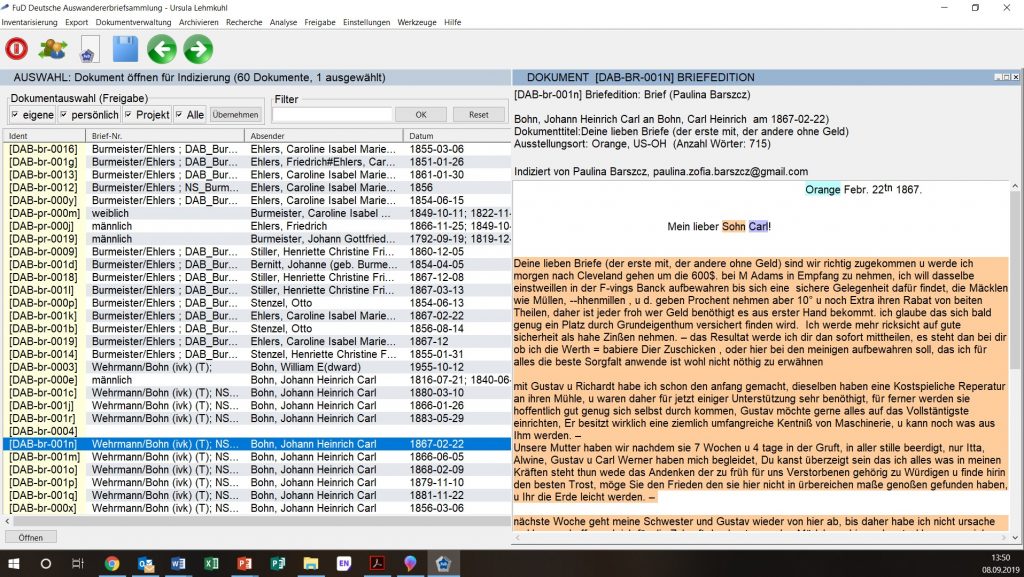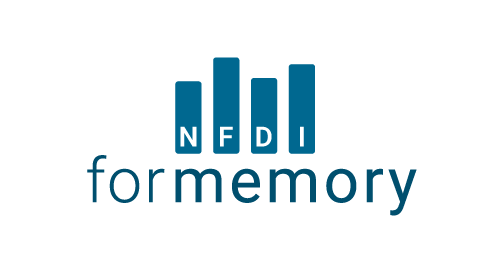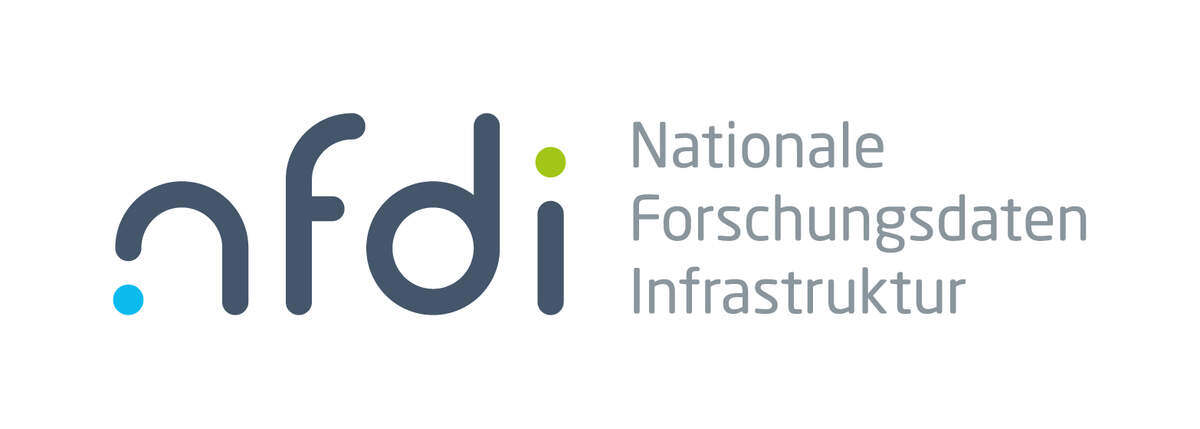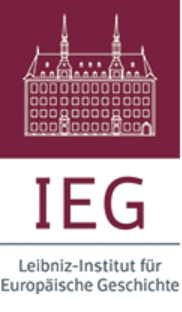Description
Task Area 2: Data Connectivity
M1 – Historical Norm Data Registry: Identifying, systematizing and evaluating
The Deutsche Auswandererbriefsammlung (DABS) (Prof. Dr. Ursula Lehmkuhl) in cooperation with German Heritage in Letters (Prof. Dr. Simone Lässig) will support the development of a historical norm data registry by contributing use cases from the long 19th century that offer specific challenges with regard to the development of a subject specific directory for norm data, taxonomies and controlled vocabularies.
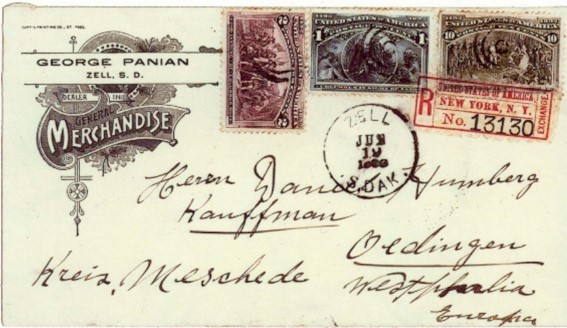
M2 – Interdisciplinary Norm Data Working Group: Scaled integration historical norm data into authority data
The Deutsche Auswandererbriefsammlung (DABS) (Prof. Dr. Ursula Lehmkuhl) in cooperation with German Heritage in Letters (Prof. Dr. Simone Lässig) will serve as a use case for the formulation of generalizable guidelines and principles for the implementation of scaling models and connection to the GND. It will thus support the creation of persistent norm data sets to expand the existing authority data (GND) by providing research-driven input.
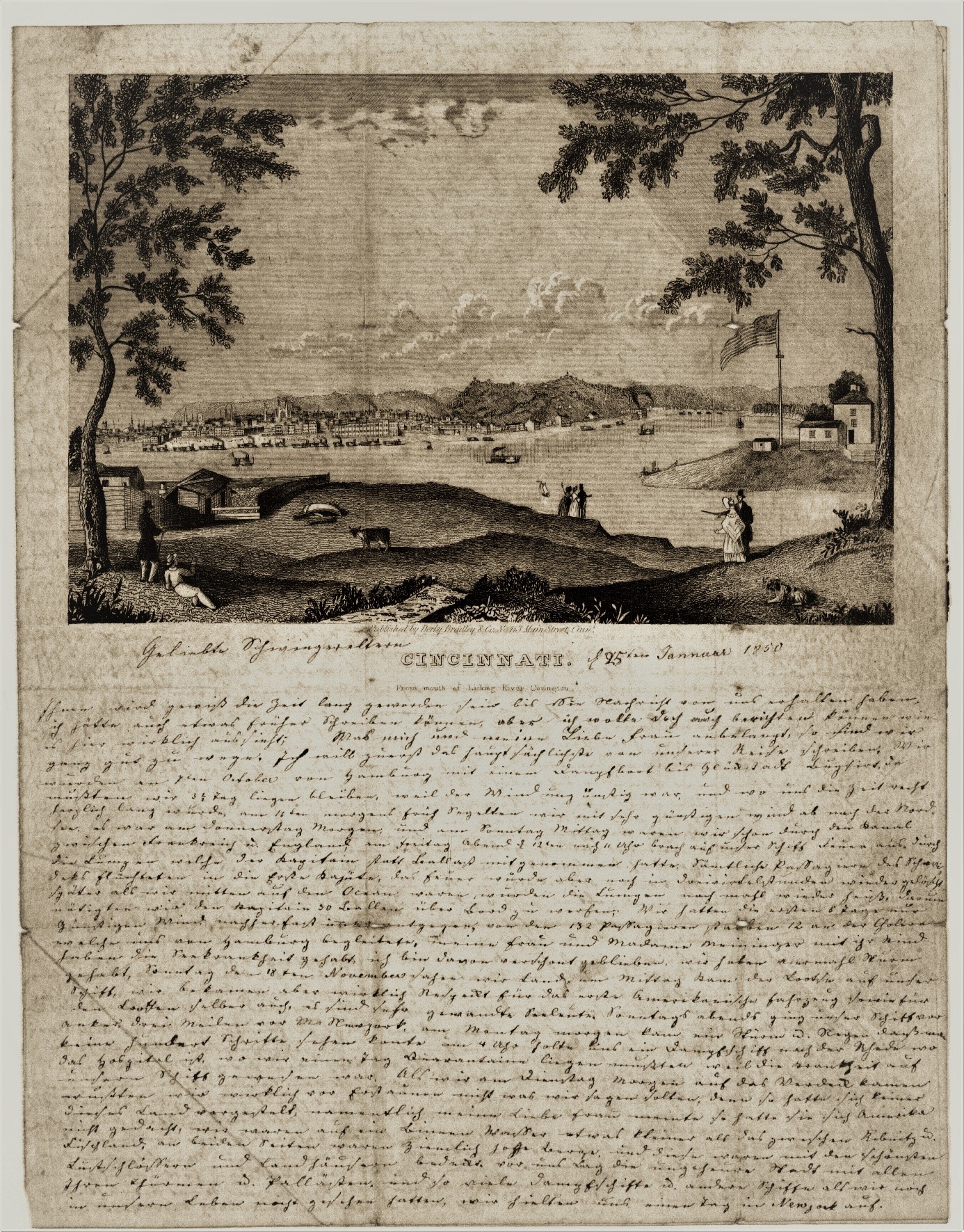
M5 – Metadata Competence Unit: Interoperable Data Linkage for the Data Space
The Deutsche Auswandererbriefsammlung (DABS) (Prof. Dr. Ursula Lehmkuhl) in cooperation with German Heritage in Letters (Prof. Dr. Simone Lässig) will serve as a use case to explore the handling of multilingualism of research data in a transatlantic (German – English) but also transregional context. The multiplicity of German local and regional dialects that newly literate people have put on paper offers a unique opportunity to explore German everyday language in German dialects in the long 19th century and thus provides also data for linguistic research à cooperation with NDFI consortium text+
M6 – Technical Expert Group: Application Programming Interfaces (API) for an Interoperabel Data Space
The innovative workflow integrating research communities in both sides of the Atlantic, memory institutions and libraries to integrate the Deutsche Auswandererbriefsammlung (DABS) and the collection German Heritage in Letters in order to establish a digital corpus of transatlantic correspondences will serve as a use case to evaluate and recommend APIs for technical interoperability between different data spaces. The use case of Transatlantic Correspondences thus supports 4Memory to evaluate and recommend APIs to data producers and data users from other research infrastructures and to evaluate and recommend viewer options for different types of research data.
.
